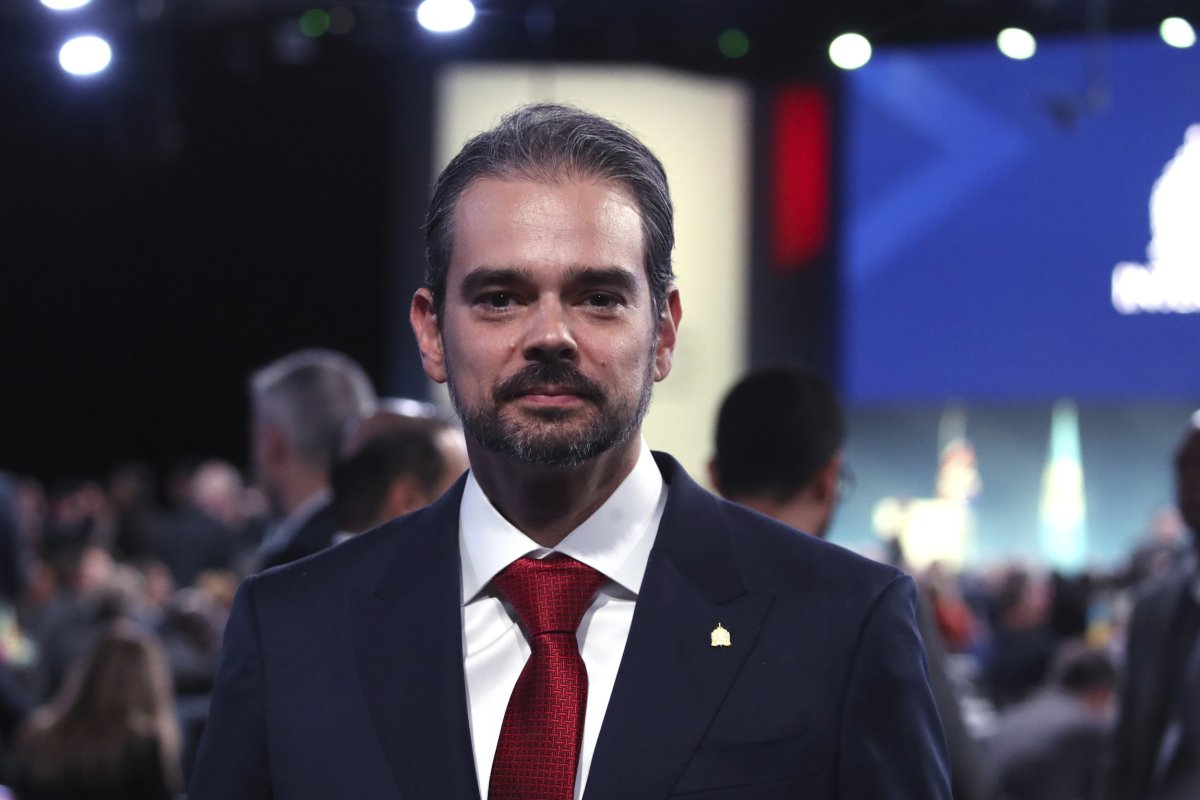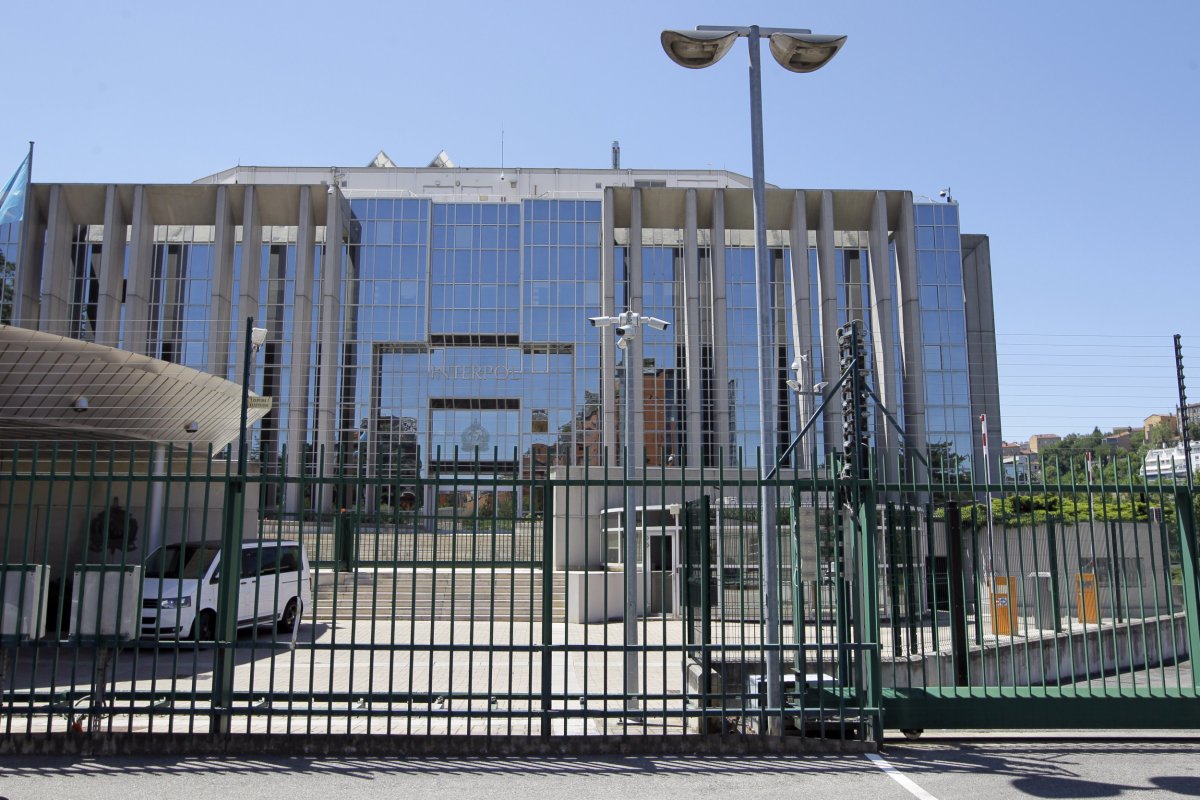Brazilian police official Valdecy Urquiza has been elected the next chief of Interpol, marking the first time the global policing agency will be led by someone outside Europe or the U.S.
The organization, based in Lyon, France, made the announcement on Tuesday following a vote during its general assembly in Glasgow, Scotland.
Urquiza, who currently serves as Interpol's vice president for the Americas, will assume the role of secretary-general at the conclusion of the assembly on Thursday.
Urquiza's appointment signals a shift for Interpol, which has historically been led by officials from Western countries. As secretary-general, Urquiza will oversee the organization's day-to-day operations, succeeding Germany's Jürgen Stock, who has led since 2014 and is ineligible for another term.
The new chief has pledged to prioritize inclusivity, emphasizing that "a strong Interpol is one that includes everyone." He noted that promoting diversity will allow for "a clearer, more comprehensive approach to global security."

Challenges in Cybercrime and Global Divisions
Founded in 1923, Interpol facilitates international police cooperation across 196 member nations, working on cases involving counterterrorism, financial crimes, child exploitation, cybercrime, and organized crime.
Urquiza's leadership comes at a time when the organization faces numerous challenges, particularly a sharp rise in cybercrime and child sex abuse cases.
Moreover, growing political tensions among member nations threaten to complicate Interpol's mission, with some countries using the organization's tools for politically motivated cases, sparking criticism and scrutiny.
Interpol's Budget Constraints Amid Rising Responsibilities
Despite its global responsibilities, Interpol operates on a comparatively modest budget of approximately 176 million euros ($188 million).
In contrast, Europol, the EU's law enforcement agency, has a budget exceeding 200 million euros, while the U.S. FBI manages a budget of nearly $11 billion.
Urquiza will be tasked with navigating these financial limitations while addressing the rising demand for international policing support. The agency, which celebrated its centennial last year, continues to expand its initiatives but must do so within these fiscal constraints.

Future of Global Law Enforcement Cooperation
As he steps into his new role, Urquiza is expected to prioritize reinforcing global cooperation. His experience within Interpol's ranks positions him to lead initiatives aimed at enhancing member collaboration and expanding resources for complex investigations, especially in areas including cybersecurity and organized crime.
Urquiza's historic appointment may bring fresh perspectives and solutions to Interpol's ongoing mission of fostering safe international collaboration across diverse legal systems and jurisdictions.
This article includes additional reporting from The Associated Press









![[SEE IT] Joakim Noah Opens Up About Rivalry with LeBron: ‘I Had Enough’ of His ‘Arrogance’”](https://thesource.com/wp-content/uploads/2025/01/Screen-Shot-2025-01-10-at-2.57.18-PM.png)

![[WATCH] Jim Jones Sees Drake’s Legal Moves Against UMG and Spotify as ‘Power Moves’](https://thesource.com/wp-content/uploads/2025/01/Screen-Shot-2025-01-10-at-2.46.43-PM.png)








 English (US) ·
English (US) ·